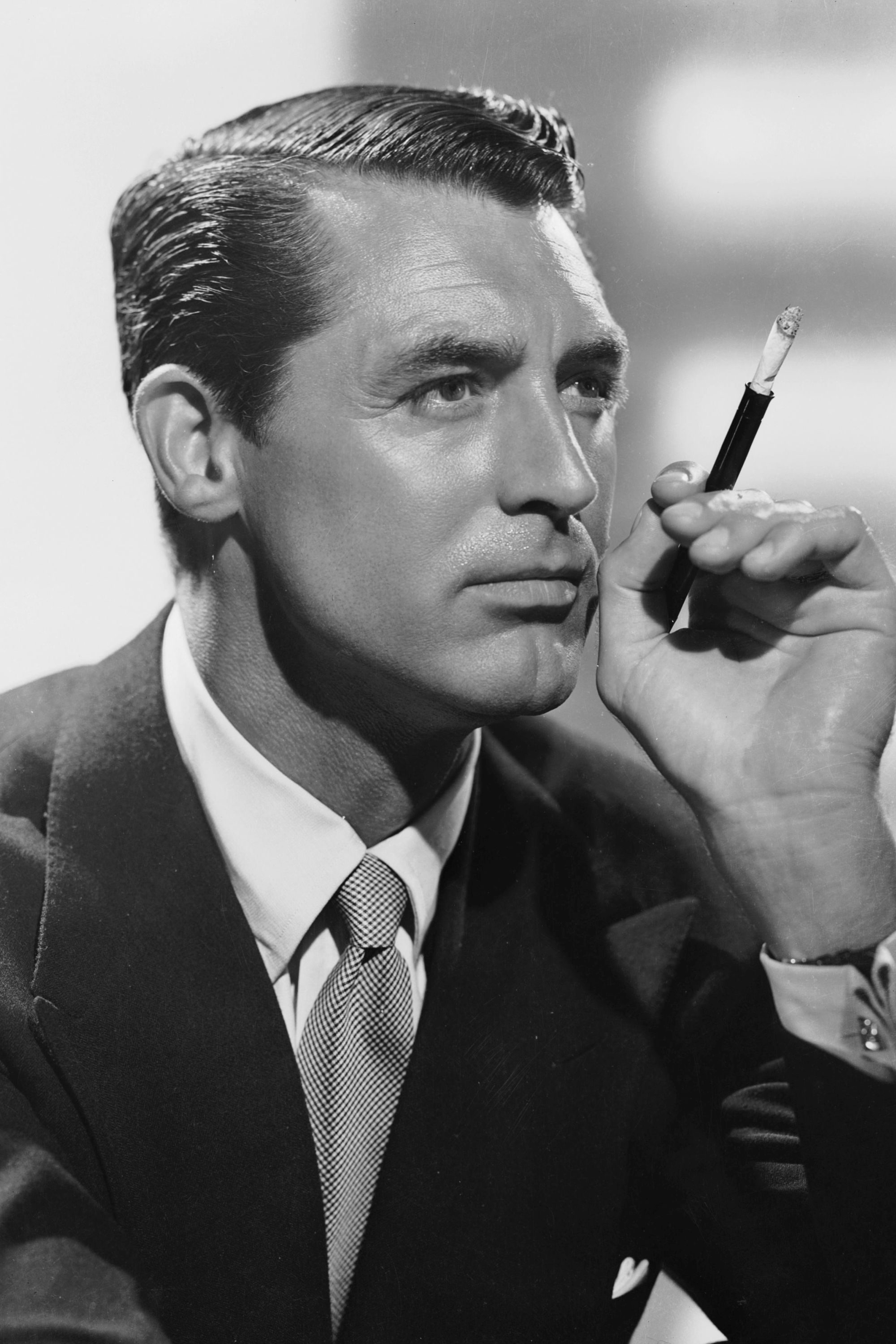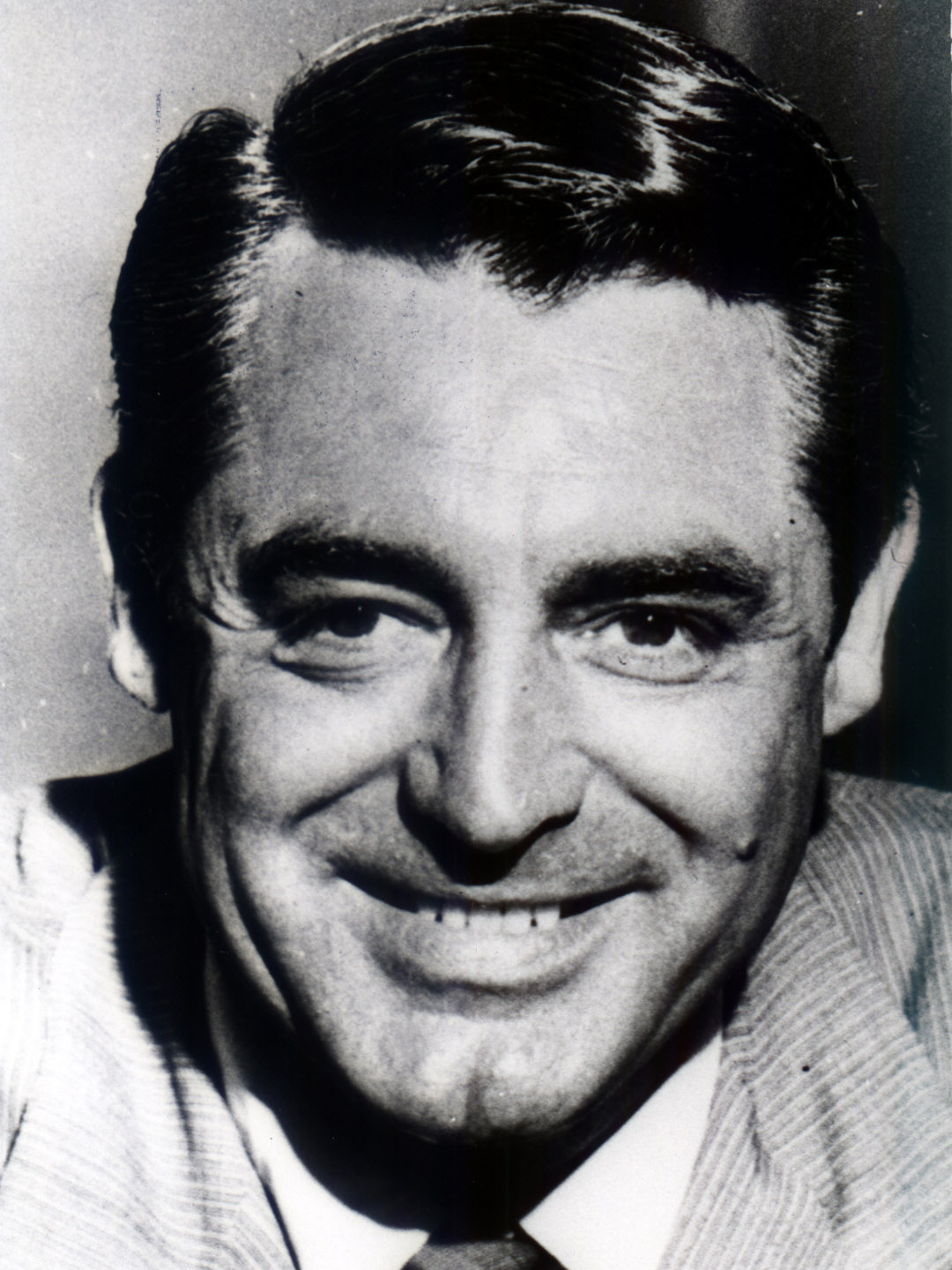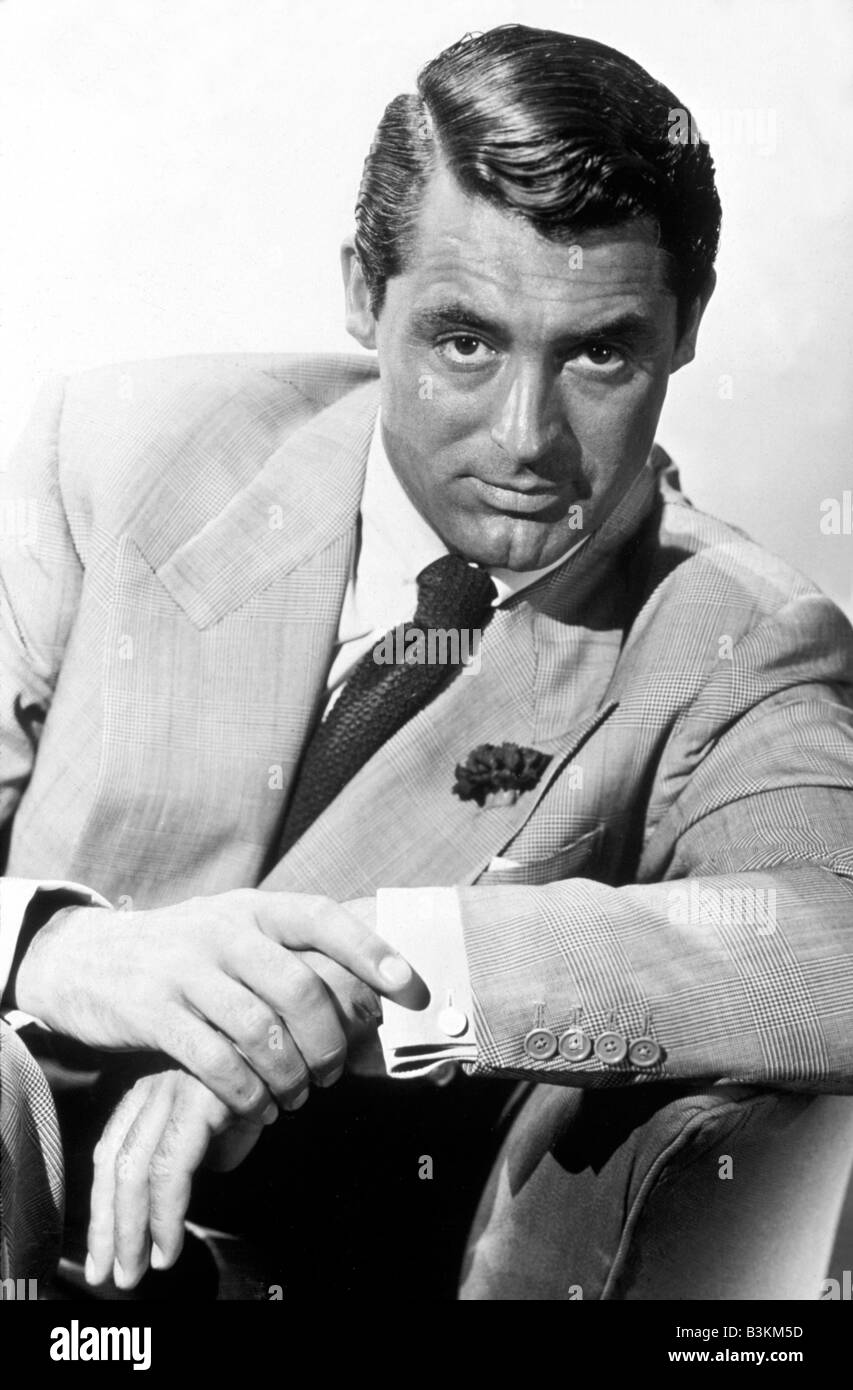Cary Grant: The Timeless Charm Of A Hollywood Legend
Could a single actor genuinely embody the zenith of cinematic grace and wit? Cary Grant, with his debonair charm, impeccable style, and unparalleled comedic timing, not only achieved this but became an enduring icon of Hollywood's Golden Age.
The mere mention of Cary Grant conjures images of effortless sophistication and a captivating presence that illuminated the silver screen for decades. From his early roles to his final film appearance, Grants performances were marked by a unique blend of charisma, humor, and dramatic depth, making him a beloved figure whose influence continues to resonate within the world of cinema. His legacy is not merely a collection of films, but a testament to the power of a performer who redefined what it meant to be a leading man.
| Category | Details |
|---|---|
| Full Name | Archibald Alexander Leach (Born) |
| Born | January 18, 1904, Bristol, England |
| Died | November 29, 1986, Davenport, Iowa |
| Nationality | British-American |
| Occupation | Actor |
| Years Active | 1932 1966 |
| Known For | Debonair charm, comedic timing, sophisticated roles in classic Hollywood films |
| Notable Films | Bringing Up Baby, The Philadelphia Story, His Girl Friday, Notorious, North by Northwest, To Catch a Thief |
| Accolades | Two Academy Award nominations for Best Actor: Penny Serenade (1941), None but the Lonely Heart (1944) |
| Marriages | Virginia Cherrill (19341935), Barbara Hutton (19421945), Betsy Drake (19491962), Dyan Cannon (19651968), Barbara Harris (19811986) |
| Children | Jennifer Grant (Daughter with Dyan Cannon) |
| Associated With | Alfred Hitchcock (Director), Katharine Hepburn, Ingrid Bergman, and many other Hollywood Legends |
| Reference Website | Britannica |
Born Archibald Alexander Leach in Bristol, England, on January 18, 1904, Cary Grants journey to Hollywood stardom was a remarkable transformation. His early life, marked by the difficulties of his parents and the eventual commitment of his mother to a mental asylum when he was just nine years old, provided a stark contrast to the glamorous persona he would later cultivate. He was one of two sons born to impoverished parents in Bristol. The loss of his brother, John, as a child and his mother's institutionalization, were events that profoundly shaped his life, driving him to seek solace and escape through performance.
- Lil Teccas Dating History Girlfriend What You Need To Know
- Telegram Groups More Find Teens Chat Connect
Grants attraction to the theatre began at a young age, eventually leading him to the stage. This early immersion in the world of performance laid the foundation for his future success. He began to hone the skills that would later captivate audiences worldwide. It was a career in the performing arts that beckoned him, providing an avenue for him to forge a new identity, far removed from the hardships of his childhood. This transformation from Archie Leach to Cary Grant became a hallmark of his public persona.
From the bustling streets of Bristol to the glittering lights of Hollywood, Grants trajectory was nothing short of phenomenal. His ascent began with a move to the United States, where he initially found work in vaudeville and on Broadway. The transition from stage to screen was seamless, and in 1932, he made his film debut. This marked the beginning of a career that would span over four decades and solidify his place in cinematic history. His first role was in "This is the Night" (1932).
Grant acted in at least 76 films between 1932 and 1966. He would star in a range of films across various genres, including comedies, dramas, and thrillers, Grant demonstrated his versatility and ability to engage audiences of diverse tastes. He became known for his debonair charm, impeccable style, and comedic timing, making his career spanned over four decades, making him a beloved figure in the golden age of Hollywood.
- Josephine Archer Cameron The Untold Story Of Linda Hamiltons Daughter
- Alexas Morgan Biography Career Latest News Updated
Grant's association with Alfred Hitchcock is one of the most celebrated collaborations in cinematic history. The director himself would later say of Grant, "Knowing Cary is the greatest association Ive had with any film actor." This mutual admiration resulted in some of cinema's most iconic thrillers. Grants effortless elegance and ability to convey both humor and suspense made him the perfect muse for Hitchcock's masterful direction.
Among his most notable films are Bringing Up Baby (1938), The Philadelphia Story (1940), His Girl Friday (1940), Notorious (1946), and North by Northwest (1959). These films showcase Grant's versatility, allowing him to master both comedic and dramatic roles. He would often play characters who were much younger than his actual age.
In North by Northwest, Grant plays a man mistaken for a spy, finding himself embroiled in a complex web of espionage and intrigue. The film is a testament to Grant's ability to embody a character thrust into extraordinary circumstances, always maintaining an air of composure and wit. The films success solidifies Grants position as one of the most sought-after actors of his era.
Grant's performances were more than just acting; they were a study in refined grace and effortless charm. He moved with a fluidity and elegance that set him apart, captivating audiences with his unique blend of sophistication and humor. His ability to command the screen made him a quintessential leading man, a figure that countless others would aspire to emulate.
Consider his famous kissing scene with Ingrid Bergman in Hitchcocks Notorious (1946). In the movie, they are in love with each other, but Grant is a U.S. intelligence official trying to convince Bergman to marry Claude Rains, the leader of a postwar Nazi spy ring. Hitchcocks shot begins on a balcony overlooking Rio. The scene is a perfect example of Grant's understated intensity and the simmering tension that he could evoke with the simplest of gestures.
Grants influence extended beyond the screen. His impeccable style, from his perfectly tailored suits to his effortless charisma, made him a fashion icon, and a cultural phenomenon. He embodied a certain ideal of masculinity that was both aspirational and timeless. His persona transcended the roles he played, impacting the way men dressed, spoke, and carried themselves.
The French director Jean Renoir famously said that God invented cinema in order Jean Gabin to act, and a similar sentiment can easily be applied to Cary Grant. His performances were a celebration of the art of acting, a reminder of the magic that can be created on the screen. His ability to captivate audiences with every role is a testament to his genius.
Grant himself, later in life, summed up his own translucent persona with an astute analysis: Everybody wants to be Cary Grant. Even I want to be Cary Grant. I have spent the greater part of my life fluctuating between Archie Leach and Cary Grant, unsure of either, suspecting each. This introspective assessment reveals the complex nature of his identity, the man behind the myth, and the constant negotiation between his public persona and private life. The actor was something displaced, even when.
During his 34 years of stardom, Grant received two Academy Award nominations for Best Actor: one in 1941 for Penny Serenade and another in 1944 for None But the Lonely Heart. However, despite his undeniable talent and popularity, he never won a competitive Oscar. In 1970, he received an Honorary Academy Award "for his unique mastery of the art of screen acting with the respect and affection of his colleagues."
Grant's final film appearance was in 1966. After this, he largely retired from acting, spending the remaining years of his life in retirement and business ventures. The star of The Philadelphia Story and North by Northwest had spent the last 20 years of his life in retirement. Film legend and quintessential leading man Cary Grant's life ended in 1986, far from the luxurious confines of his Beverly Hills estate. He died in Davenport, Iowa, at the age of 82. He last starred in a movie, his 71st, in 1964.
His films still rank high in the lists of the best films ever made. North by Northwest leads the way at #103, Notorious at #105, and Bringing Up Baby and #109. The next tier down includes His Girl Friday, The Philadelphia Story, and To Catch a Thief.
The world of cinema is a little dimmer without Cary Grant, but his films continue to enchant audiences and inspire generations of actors. He remains a shining example of the power of a performer, a reminder that some stars truly are eternal. His legacy lives on, not just in the films he made, but in the enduring image of a man who defined what it meant to be a Hollywood icon.
- Kiara Pichardo Bio Age School Spirits Details You Need To Know
- Josephine Archer Cameron The Untold Story Of Linda Hamiltons Daughter

Cary Grant Profile Images — The Movie Database (TMDb)

Cary Grant Actor

CARY GRANT US film actor Stock Photo Alamy